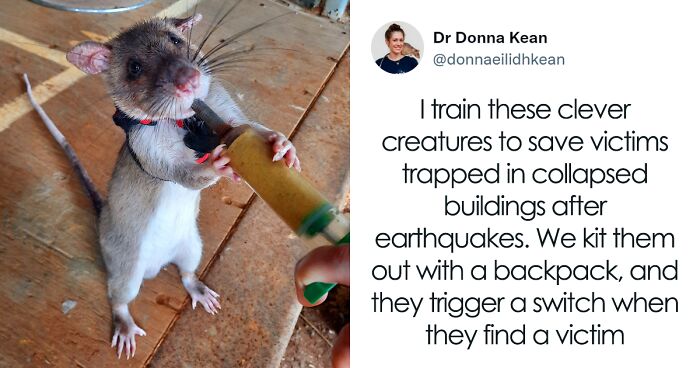
These Rats With Tiny Backpacks And Microphones May Soon Become The Heroes Of Search And Rescue Operations
InterviewYou’re born with a mission. A mission attributed to you by the person that cares for you the most. You work tirelessly, training and learning the majority of your youth, only taking some breaks for food and socialization. You get sent out into the world and you’re certain of your capability to save lives and make the world a better place.
Saving people, hunting things—the family business. You’re a natural at it. A local hero. Yet, some only take one glance at you and sneer. Others scream and run. Regardless of your training and hours spent saving lives, you’ll always be a rat. No, literally.
Scientists at an organization called APOPO are training rats for all kinds of life-saving missions. From mine detection to survivor detection in earthquake debris, these rats are quite incredible. And yet, the negative limelight following the rodent might dampen its heroics.
APOPO have been very kind to share their story with Bored Panda, so, let’s dive into the details!
Rats are being trained to be sent into post-earthquake debris to help find survivors and those stuck and in need of assistance
Image credits: donnaeilidhkean
When you think of a rat wearing a backpack you may think of a very scholarly mouse on its way to learn some very interesting facts about the birth of the cheese wheel. However, these not-so-little rodents are off on a mission to save lives!
They’ll be outfitted with tiny backpacks equipped with location trackers and microphones, so the rescue team can pinpoint survivors’ location and condition
Image credits: APOPO
Rats are being trained to be sent into post-earthquake debris to help find survivors or those stuck and in need of assistance. They’re outfitted with tiny backpacks equipped with location trackers, cameras and microphones for the rescue teams to better pinpoint the location and condition of survivors.
Using mock debris and prototype backpacks, it seems the researchers are making good progress in what could become the go-to means of finding earthquake survivors. The rodents will get the chance to work in the field when they are sent to earthquake-prone Turkey to work with a search and rescue team, GEA.
Image credits: APOPO
The innovative project is being worked on by research scientist Dr. Donna Kean. So far, seven rats have been trained for the task
Image credits: APOPO
The innovative project is being worked on by 33-year-old research scientist Dr. Donna Kean from Glasgow, Scotland. So far, seven rats have been trained for the task. On average, it takes about 9 months to a year to train the rats. “They are very good at surviving in different environments which just shows how suitable they are for search and rescue work,” she told Wales Online.
Dr. Kean has been working with the nonprofit organization APOPO for over a year now with the special rodents lovingly nicknamed HeroRATS Based in Morogoro, Tanzania, East Africa. The organization has been using the rodents for all kinds of life-saving projects, such as landmine and tuberculosis detection, and now, as we see here, they are delving into training rats for search and rescue and for wildlife detection.
At the moment, the organization is training around 170 rats, and researchers are exploring other avenues as to where they could excel. They hope that the rodents can one day sniff out brucellosis, an infectious disease which impacts livestock, but that avenue remains to be looked into.
Image credits: APOPO
She works with APOPO, based in Tanzania, East Africa, training rodents, lovingly nicknamed HeroRATS. They also train rats to detect landmines and tuberculosis
Image credits: APOPO
“The rats’ natural scavenger abilities lend well to training them for search & rescue,” Lily Shallom, Communications Manager at APOPO, told Bored Panda. “At this point the search & rescue rat training is going very well but we are still quite some ways from being operational. Rats are highly underestimated!”
“APOPO’s HeroRATS have helped free over 1.8 million people from the threat of landmines and other unexploded remnants of war and prevented at least 250,000 people from getting TB whilst saving 25,000 lives,” Lily said.
Image credits: APOPO
They have been using African giant pouched rats, as they’re used to the tropical climate and are resilient to many tropical diseases
Image credits: APOPO
They have been using African giant pouched rats, as they’re used to the tropical climate and are resilient to many tropical diseases. The rats get treated like top-class royalty, with regular nutritious meals, lots of pets, and weekly health reports.
Although you may be concerned for the wellbeing of these little critters, APOPO assure that the majority of their rats live to the end of their expected life span and that none of them have ever died as a result of their detection work. The nimble creatures are light and agile, making them perfect for use in disaster zones.
Image credits: APOPO
Image credits: APOPO
Although we’ve seen dogs used in similar types of work, rats may just have some advantages. As Dr. Kean explained to Science.org: “The rats have a comparable sense of smell, and they’re just as trainable as dogs. They also aren’t tied to just one trainer, which is what you find with dogs. And their size is useful because they will be able to penetrate into areas with dense rubble and debris that dogs just wouldn’t be able to.”
“The life span of our rats in captivity is roughly 8 years but we have rats that have lived up to 10 to 11 years in retirement,” she added.
APOPO assure that the majority of their rats live to the end of their expected life span and that none of them have ever died as a result of their detection work
Image credits: APOPO
Sadly, rats have a very bad rep. Many people assume that they’re disease-ridden and dirty. The plague of the 1300s didn’t help much, as all the blame fell on the rodents; however, research has shown that maybe we blamed the wrong species for one of the most horrendous disease outbreaks in human history.
Katharine R. Dean et al. argue that the Black Death can be largely ascribed to human fleas and body lice. “We have good mortality data from outbreaks in nine cities in Europe,” Prof. Nils Stenseth, from the University of Oslo, told BBC News. “So we could construct models of the disease dynamics.”
Image credits: APOPO
Sadly, rats have a very bad rep, with many assuming that they’re disease-ridden and dirty. However, they’re proving themselves to be very social, agile and intelligent
Image credits: APOPO
In seven out of the nine cities studied, the ‘human parasite model’ was a much better match for the pattern of the outbreak. It mirrored how quickly it spread and how many people it affected. “The conclusion was very clear,” said Prof. Stenseth.
“The lice model fits best. It would be unlikely to spread as fast as it did if it was transmitted by rats. It would have to go through this extra loop of the rats, rather than being spread from person to person.”
Image credits: APOPO
Although this particular training is still in its beginning stages, the results seem incredibly promising, and soon rats may join dogs as the new service animal
Image credits: APOPO
Dr. Kean, fueled by a fascination with how quickly rats can learn and be trained, believes that the sociable creatures will one day be seen as saviors of life rather than disease-spreading rodents.
The training process is quite fascinating in its own right. The first thing they teach the rats to do is to return to their starting point. Once there, the researchers played a beep and fed them a reward of “powdered rat pellets mixed with avocado and banana through a syringe.”
“Then we trained the rats to pull a rubber ball on their backpack,” Dr. Kean said. “The ball is attached to a microswitch, which emits a beep. In the real world, it would provide a signal to rescuers. When they were reliably doing that, we’d start introducing a target human.”
“The goal is for the rat to go over to this mock victim, pull the ball, return to where they were released from when they hear the beep.”
Image credits: APOPO
Image credits: APOPO
Dr. Kean acknowledged the fact that some people may be weary of rats, “but wherever they’re introduced and used for this purpose, there can be marketing campaigns so people know that this can happen.”
“They’ll also have a backpack on, and they’ll have a microphone, light, and camera. There can be audio coming from the backpack that potentially says, “I am a RescueRat, I’m here to help you,” that kind of thing,” she said.
“Sadly, many people don’t know enough about rats and what comes to mind when they think of rats: Disease, death, or the creatures scampering just a feet away from you on the subway,” Lily explained. “It’s time to rethink everything people ever thought about rats and discover the truth about these amazing creatures and their intelligence.”
We look forward to updates and wish both the researchers and the rats all the best!
Image credits: APOPO
The research is exciting to say the least, and although this particular training of finding humans in debris is still in its beginning stages, the results seem incredibly promising. Guess we’ll have to get over our fear of rats and start embracing the rodents as service animals.
It will be interesting to see how quickly this develops and how it works in a real-life emergency. According to Dr. Kean, “It would just be a case of as soon as an earthquake happens, arranging the transport” and letting the rats do the work.
If you’d like to support the initiative, you can adopt one of their rats by following the link here. “We’d really appreciate the help!”
Image credits: APOPO
People seem quite fond of the idea, as it may be a means for rats to clear their name. Let us know your thoughts in the comments below!
Image credits: APOPO
We look forward to updates and wish both the researchers and the rats all the best!
Let us know your thoughts on the initiative in the comments below! What would you think of a rat coming to your rescue? Are they a resource we’ve been sleeping on? Also, don’t forget to upvote and follow the author for more interesting stories!
62Kviews
Share on FacebookRats are wonderful pets!! But you have to get two. If you only get one, they do not live as long.
That´s true, but at least one of both pet rats should be spayed/neutered, or you´ll take (adopt in the best case) 2 male or 2 female rats. If you read my comments above you´ll see that I do not have any prejudices against rats, in the contrary, but I have a 15 year old adopted senior tomcat named Thori who probably wouldn´t want to have a rat as "furriend".
Load More Replies...Next time I think danger is coming I'll quickly put in my chest pocket my ID and a lovely slice of cheddar. ❤️
Rats are wonderful pets!! But you have to get two. If you only get one, they do not live as long.
That´s true, but at least one of both pet rats should be spayed/neutered, or you´ll take (adopt in the best case) 2 male or 2 female rats. If you read my comments above you´ll see that I do not have any prejudices against rats, in the contrary, but I have a 15 year old adopted senior tomcat named Thori who probably wouldn´t want to have a rat as "furriend".
Load More Replies...Next time I think danger is coming I'll quickly put in my chest pocket my ID and a lovely slice of cheddar. ❤️

 Dark Mode
Dark Mode 

 No fees, cancel anytime
No fees, cancel anytime 


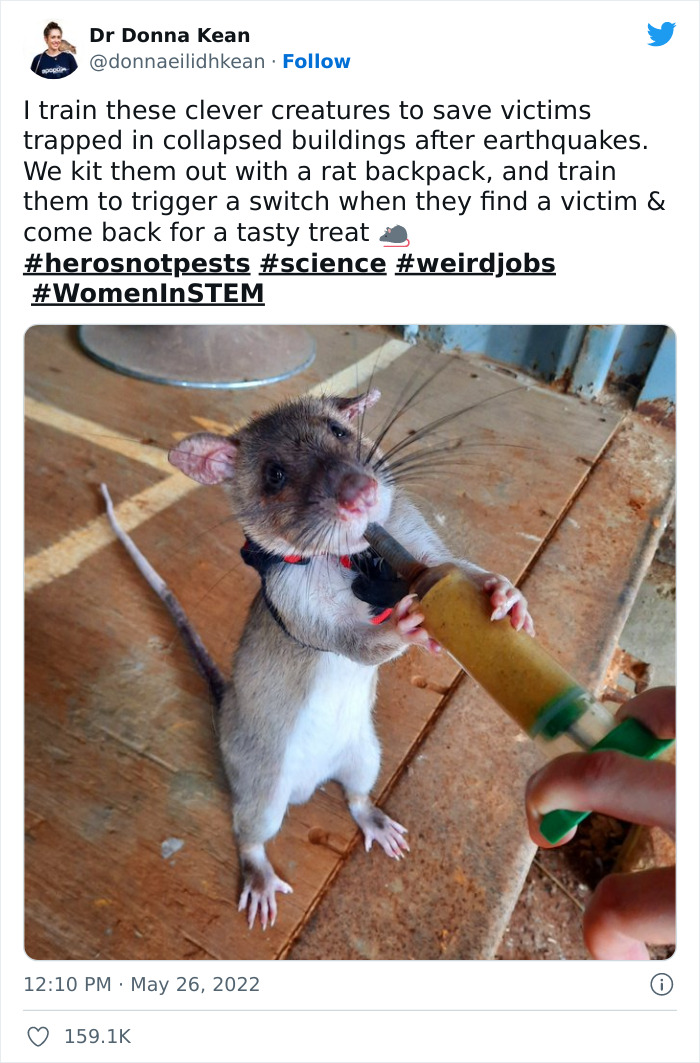
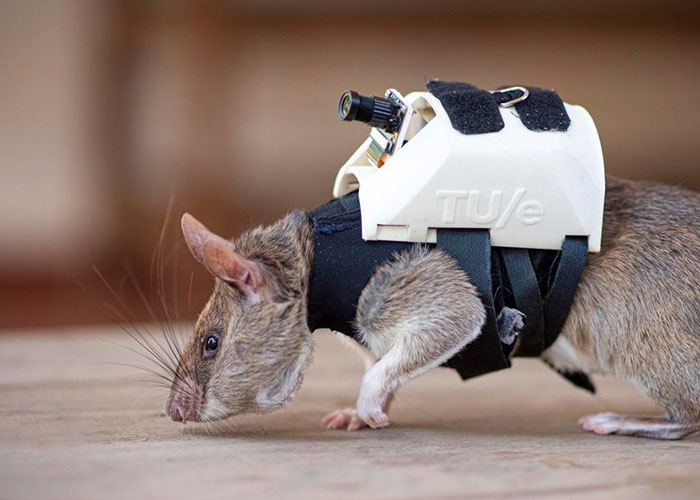

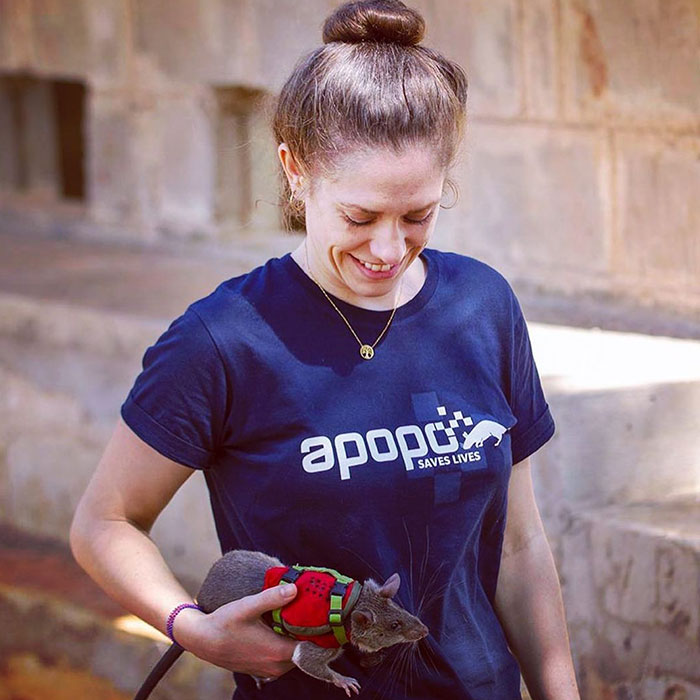
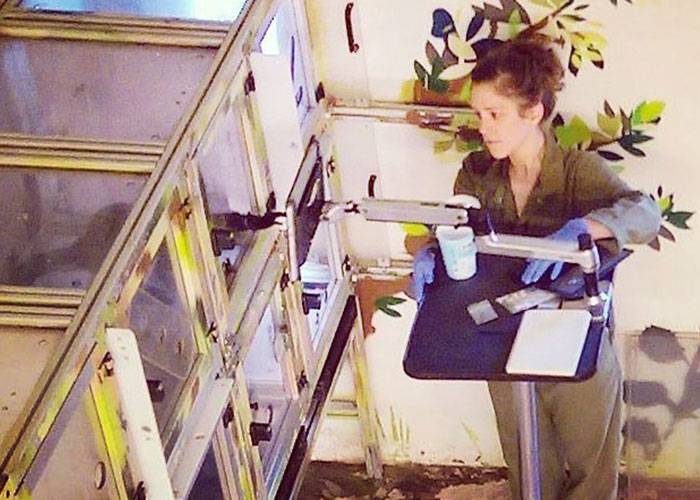
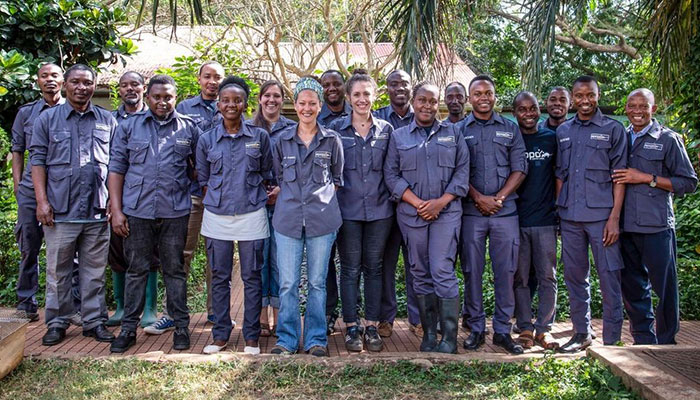
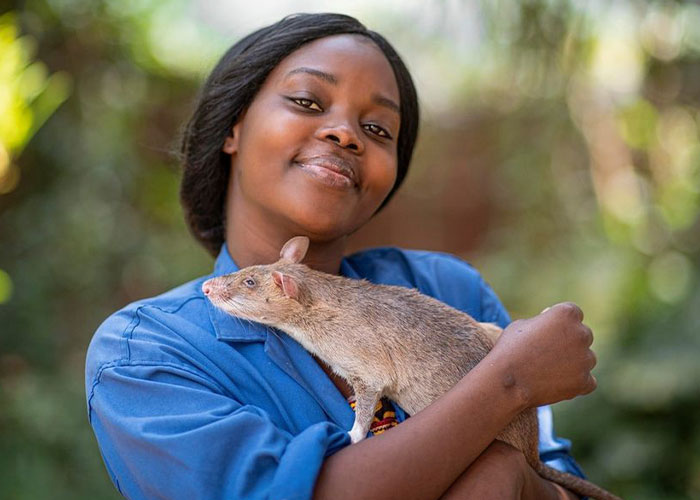
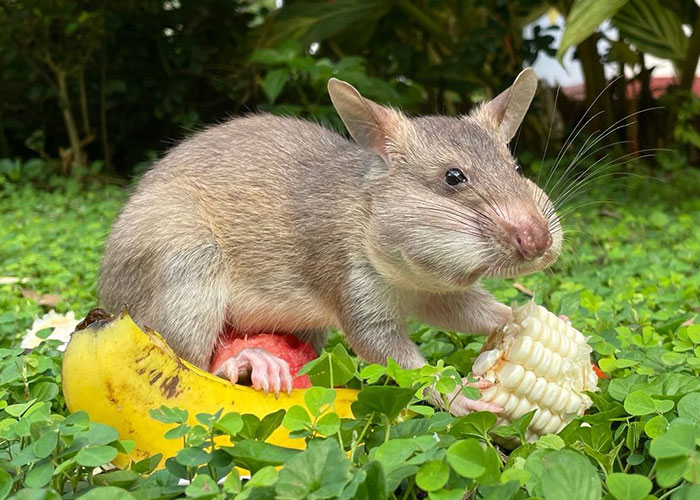
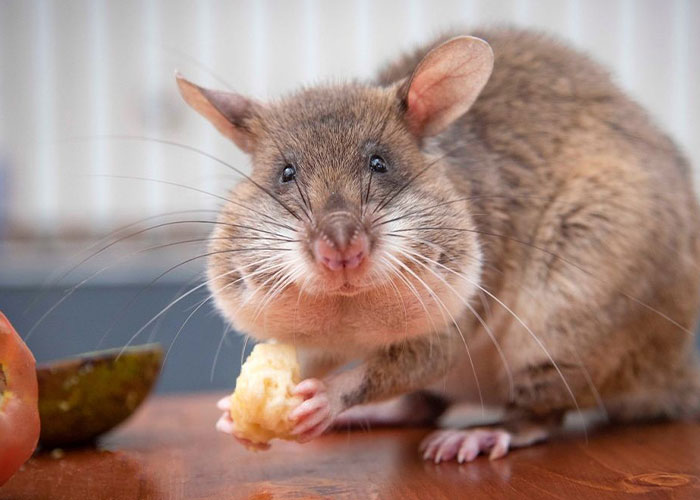

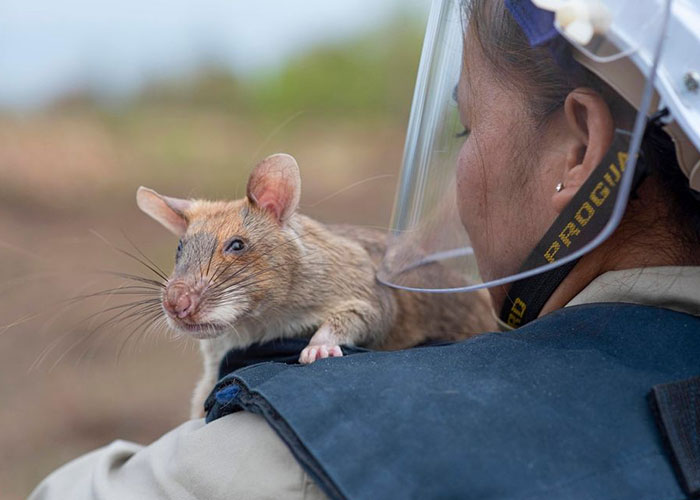
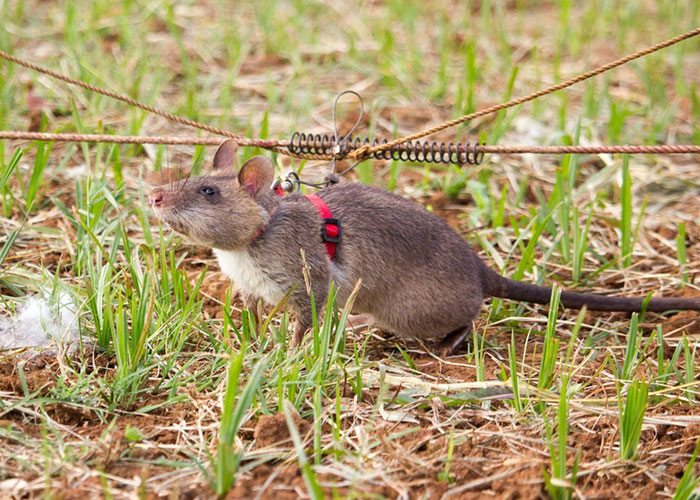
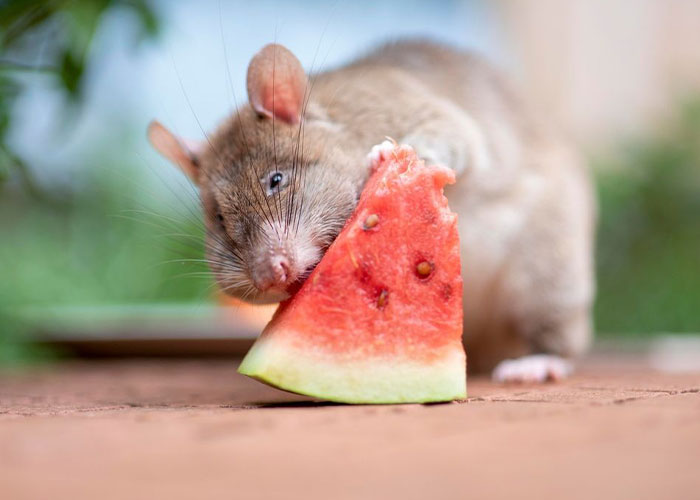
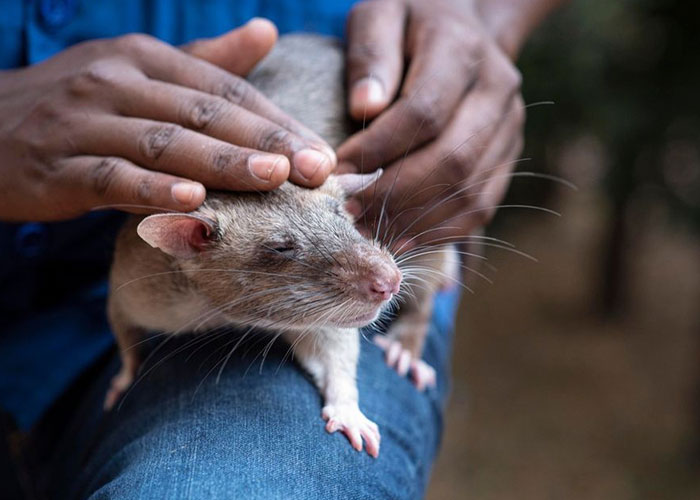
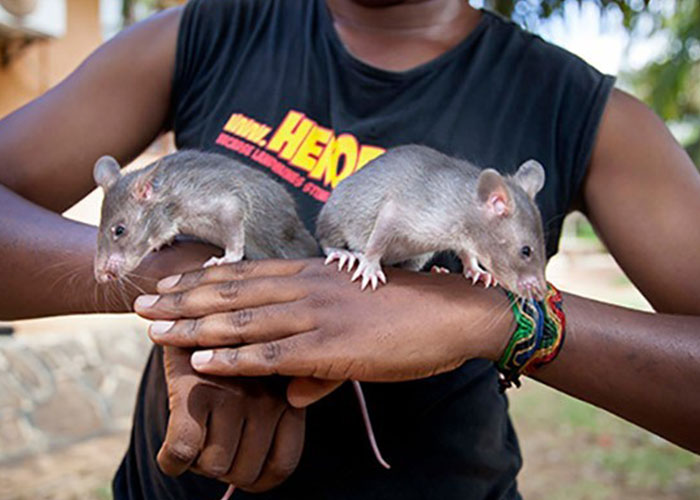
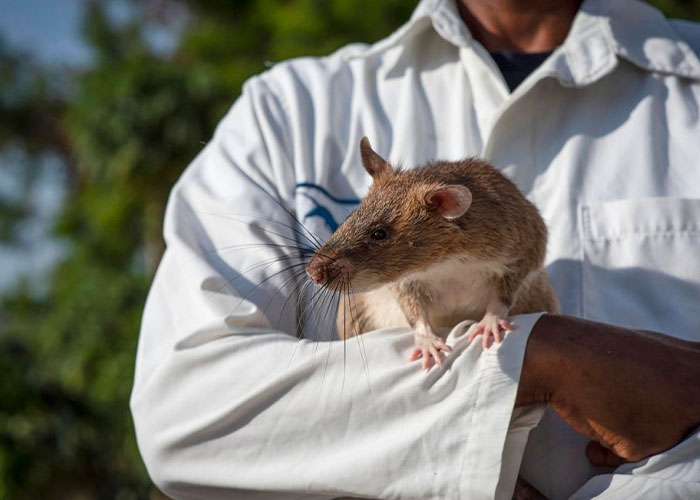
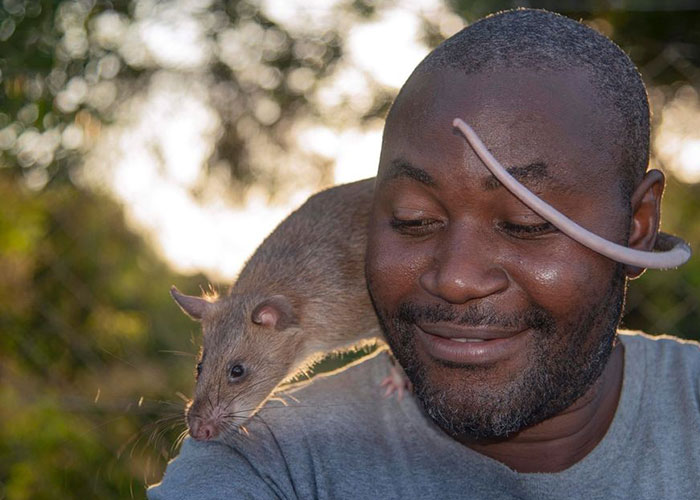
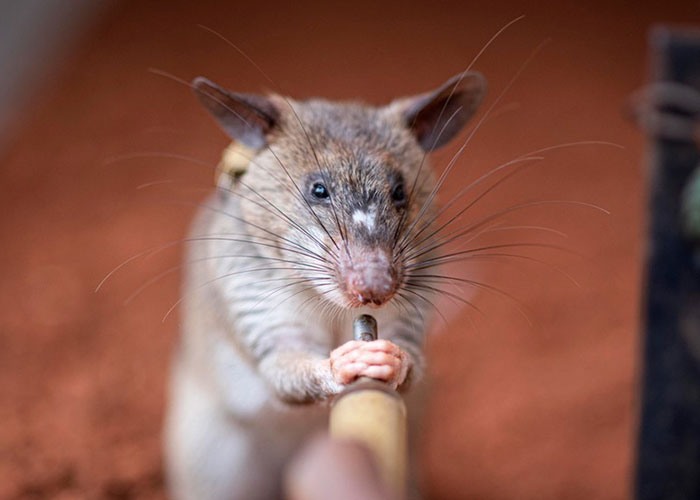
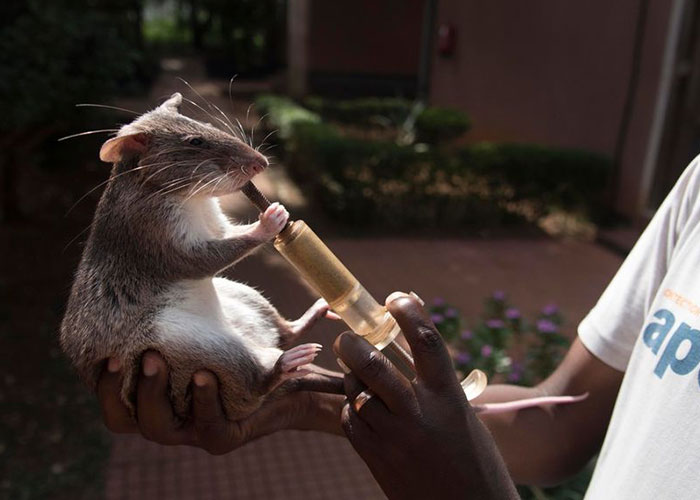
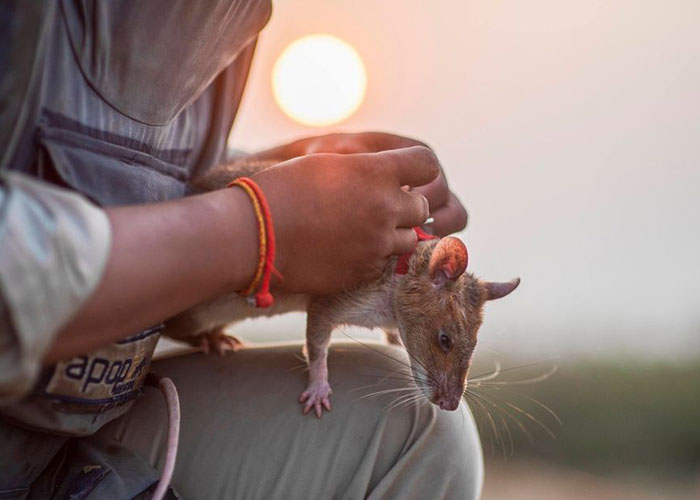





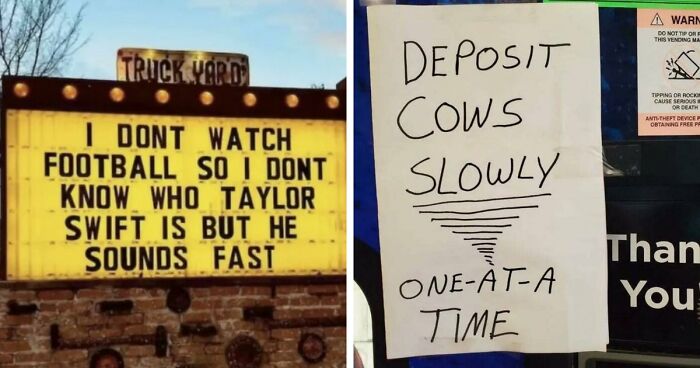

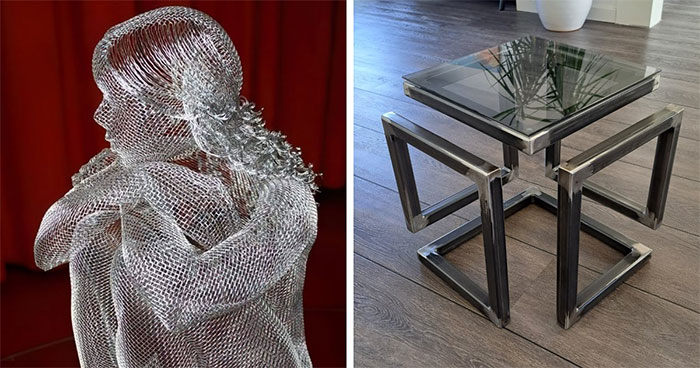



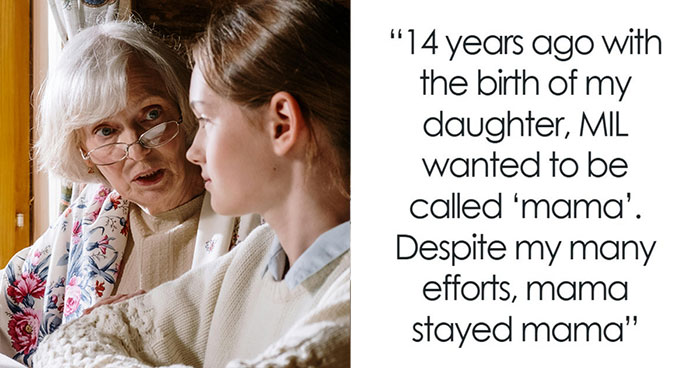
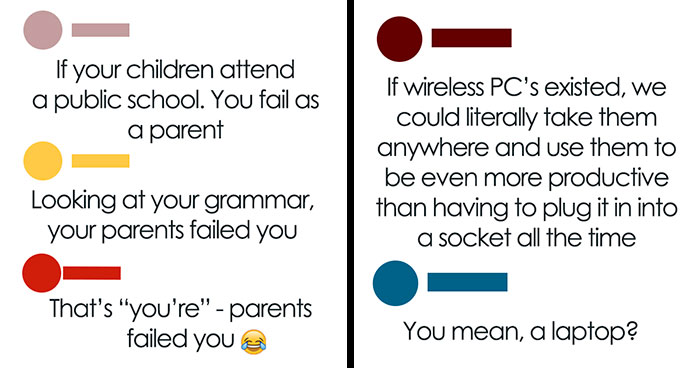





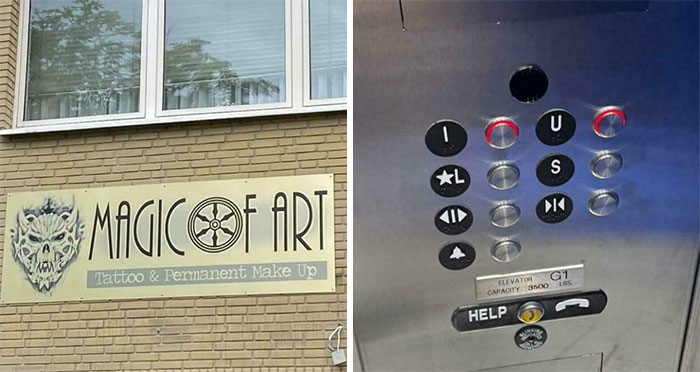
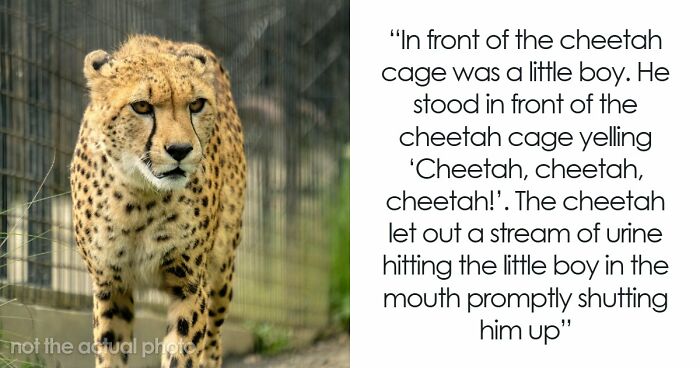
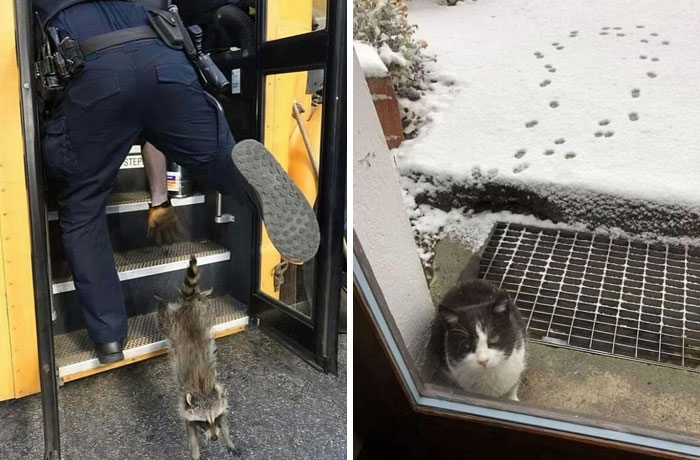


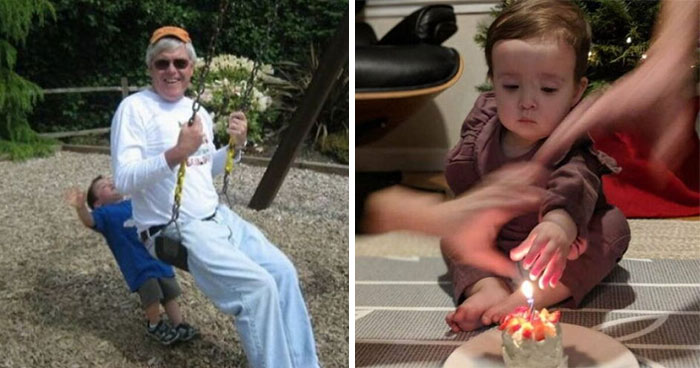

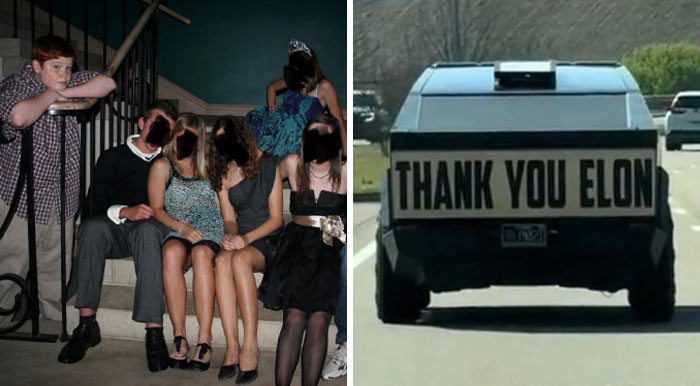

















161
37